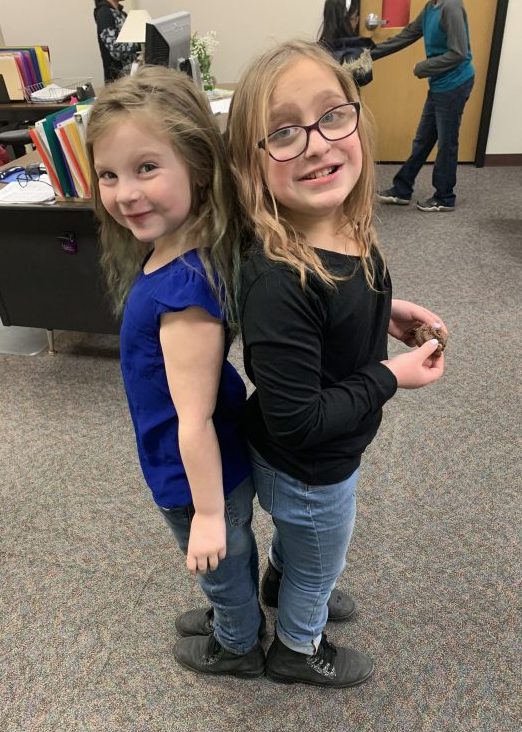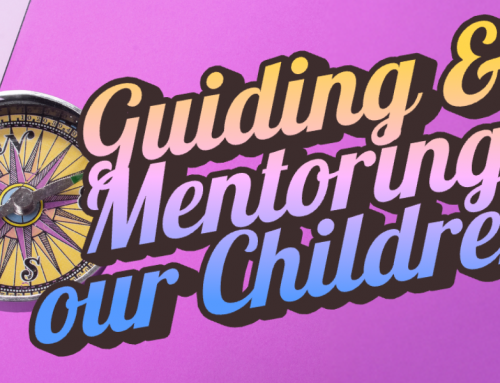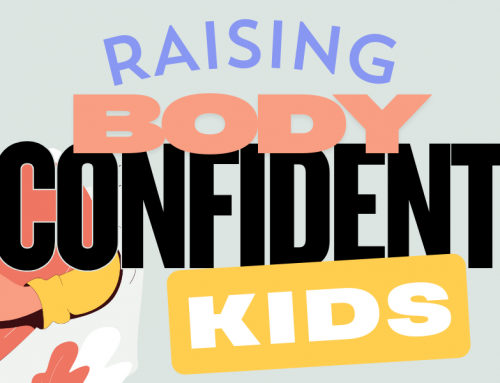I’m going to tell you all a little secret. Your child isn’t perfect. I hope you already know that. If not, I’m happy to be the one to tell you. I have learned this over and over again about myself and my children. We all screw up every day. I keep telling myself it isn’t a mistake because I learn so much from all of them. We certainly learn more from mistakes and failures than we do from our successes.

My friend and I were just talking about how well we understand our children’s strengths and weaknesses. When a teacher or parent has anything to say about our child, we don’t tend to be surprised whether it’s a good or a bad thing. I feel like I know my children pretty well, and they still sometimes surprise me. Here comes a story about my sweet and easy Ella.
Ella is my middle child. She is very sweet and caring and her behavior is pretty perfect. All of Ella’s teachers love her. If she did something wrong at school and I got a phone call I bet I would fall off my chair. However, she said something really stupid to one of her best friend’s the other day. Yes, I said the word stupid. Even my sweet, easy child screws up. It was a good learning experience for her. She fixed her mistake (I think). I’m sure this is one of many things my tween will do wrong and learn from. Girls are very complicated.
When I heard about the mistake, I didn’t instantly think that my “perfect” child didn’t do anything wrong. I went over to her and asked her what she did and what she said. I didn’t go into a defensive place. How would that help the situation? I know that screw ups happen. Through hysterical tears Ella explained what she did wrong. I asked her how she was going to fix it, and she went on a mission to do just that. I have a lot to teach all three of my children. I’ve had 13 years with Max, 11 years with Ella and 7 years with Lillie. I’m 43 and my mom still teaches me things.

Max is my first born 13 year old who has always been really well behaved. Again, he isn’t perfect, and he has done things wrong. I have noticed that he seems to know the appropriate things to say in situations and he helps me to teach this to his sisters. I have also noticed that when dealing with rough situations at school he seems to handle them mostly without needing me. He did joke around with a boy in fifth grade and got in trouble, but him and I were both floored by him getting in trouble. I talked to Max about what he learned from the situation and I also talked to the school. I know I’m talking about not being defensive but sometimes mama bear needs to protect her cubs. The school knows Max is super well behaved. We have to make sure our kids learn from mistakes, defend them when necessary, and also make sure they take responsibility when necessary. We can’t always defend our children as sometimes they deserve to get in trouble. My first two children don’t tend to get in trouble.
I am an oldest child. The stereotypical controlling, organized, perfectionistic first born. I never wanted to ruffle anyone’s feathers and I expected myself to be perfectly behaved. I also expected myself to get pretty perfect grades in school. I really don’t know what it’s like to be the youngest child. I really need to have a conversation with my brother about what it was like growing up. I could actually ask my husband more questions about being the youngest child as he grew up with one older brother. My youngest is teaching me a lot and it seems from what I am learning that it is not easy being the youngest child.
Lillie has two older siblings who get amazing grades, are well behaved, and while Max excels on the soccer field, Ella is busy balancing three musicals as I type this. It appears as though Lillie is always trying to prove herself and stick up for herself. She demands attention and doesn’t let her siblings push her around.

The way that Lillie is at home is exactly how Lillie is at school. She doesn’t seem to have a school filter yet, but she is definitely learning and growing a lot this year in second grade. I absolutely hate when she comes home in tears. However, I always want to know what her part in the scenario was that she is reporting to me about. While Max tells me his day was fine, Lillie goes into details about her day. It’s actually a good thing because we can go over what she did well and what she could have handled better.
I think one of the biggest lessons we can learn is that when our children come home from school and tell us something, it is only their side of the story. It is their perception of the situation. For example, Lillie was crying that she sat alone at lunch the other day. It isn’t possible. It isn’t physically possible for Lillie to sit alone at lunch. There are 22 kids at Lillie’s lunch table. Someone had to be sitting next to her. Her perception was that she sat alone. I asked her who sat beside her and she said no one. I asked her who she talked to and she said no one. This is all not true. I am going to guess that because she didn’t sit next to who she wanted to sit next to that she felt she was sitting alone. We have to remember that multiple perspectives give us more information about what actually happened. I also always try to ask a lot of questions to gather more information to get an accurate picture. Lillie’s best friends are in class with her so I can talk to their mothers who I am close with to find out if they can find out more information for me.
Here is what I know:
- Your child isn’t perfect.
- You are only getting your child’s perspective.
- You need multiple perspectives.
- Regular communication with school is helpful.
- Teach your child to take responsibility for their mistakes.
- Role play with your child how to handle things differently.
- Remind your child of your expectations whether they are going to school, dance class or a friend’s house.
- Being defensive won’t help the situation.
- Ask your child what their role in the scenario was.
- Give meaningful rewards to your child for good behavior and meaningful consequences for negative behavior.
- Give your child a lot of praise when they deserve it to reinforce good behavior. Lillie studied hard for her last test and got a 90. She is learning that hard work = good grades.
- Mama bear or Papa bear does need to come out for your cubs if necessary. Just remember that people don’t respond well to anger. You can get your point across nicely in an assertive manner.
Here’s how to defend/advocate for your child without being defensive. Think of yourself as an investigative reporter. Your job is to find out what happened. The goal is not who is to blame but what happened and how to fix the situation. For example, Lillie and her friend were just playing catch with her friend’s phone. It fell on the concrete and broke. Thankfully, it turned out it wasn’t a real phone. However, I wasn’t on a mission to find out who exactly was to blame (and it was probably both of them). What I did do was ask Lillie what she learned from the scenario. First lesson is that we don’t play catch with electronics. Second lesson is that we be careful on concrete as we can crack anything that we drop.
Realize that your child is probably not totally innocent in whatever the scenario is. Your goal is not to play the blame game but to find out what the children need to learn and how things are going to be different. If my son’s friend is texting him mean things the goal is not to call the mother and play the blame game. I should probably say something about checking her child’s phone and making sure texts are appropriate. I have told Max to realize that any parent or school staff can read any texts that he sends out into the world. That is a huge lesson to teach our children.
If we think that a punishment is unjust it is important to stand up for our child at school. If we think our child is being treated unfairly by a teacher, friend or parent, it is also our role to stand up for our child. Just remember, the goal is to play an investigative reporter and to make the situation better. Our communication style is the key to success. We can be nicely assertive and get things done.
Sometimes mama bear needs to come out. Sometimes mama reporter needs to come out. Sometimes mama problem solver needs to come out. In all your parenting roles, just remember that your child is never going to be perfect and neither will we.
Laughing, Learning, Loving,
Rebecca Greene, LCSW-R







